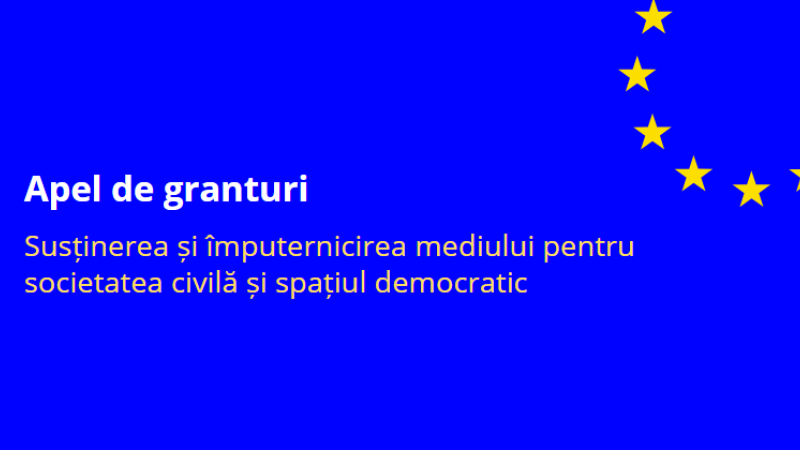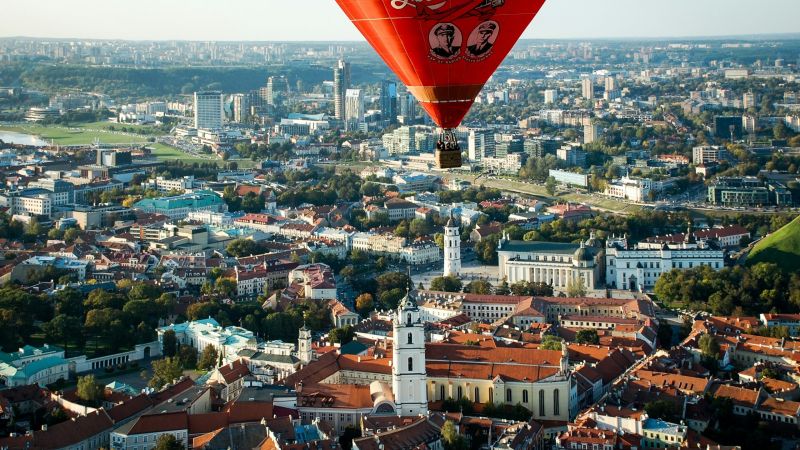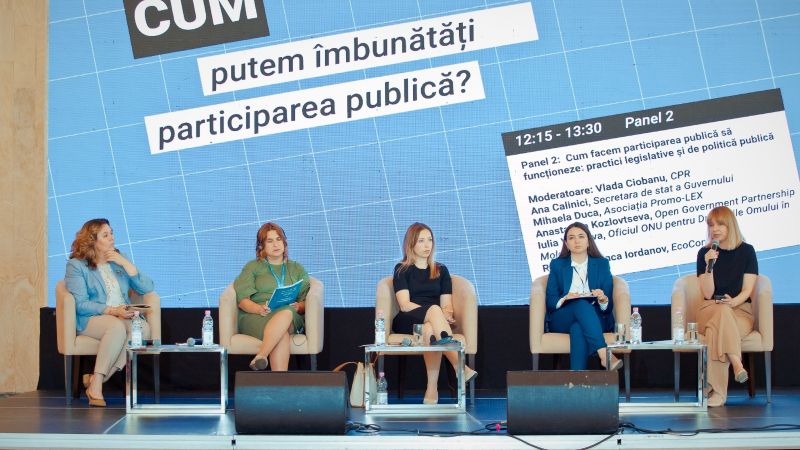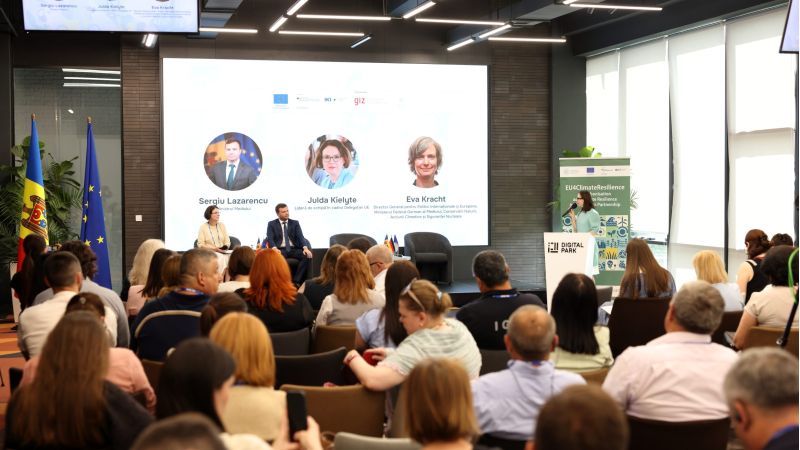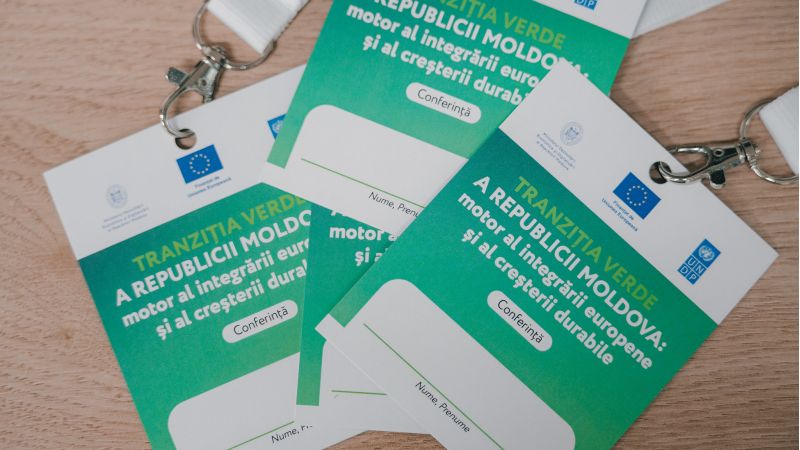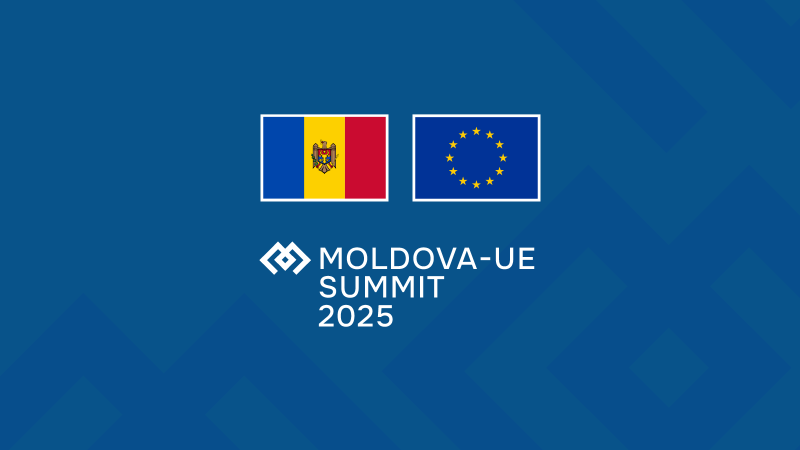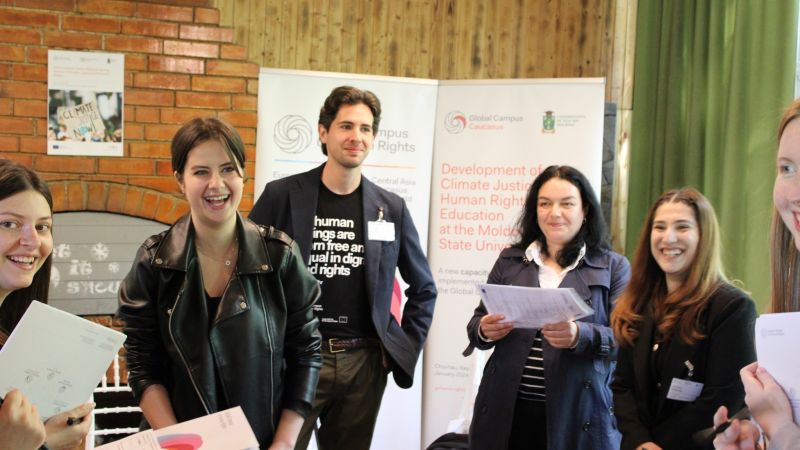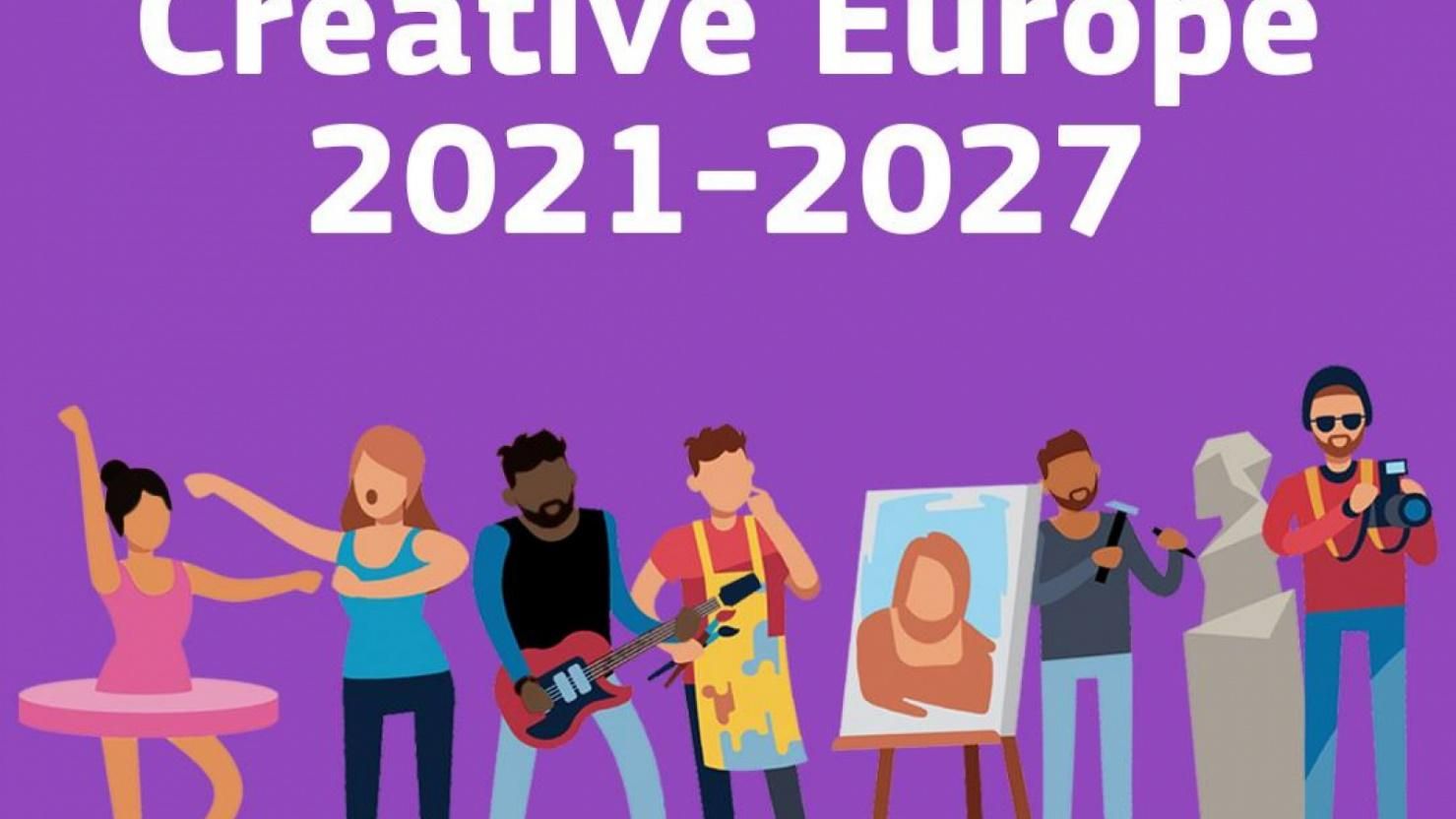
Drepturile de autor și drepturile conexe pentru industriile culturale și creative contribuie la creșterea economică
Proiectul finanțat de UE „Sprijin pentru dialogul politic structurat, coordonarea implementării Acordului de Asociere și îmbunătățirea procesului de aproximare legală” a oferit expertiză și a finalizat un raport analitic „Evaluarea actualei Legi a Republicii Moldova privind Dreptul de Autor, precum și a proiectului de modificare a acesteia în vederea armonizării cu directivele UE și tratatele internaționale.” Acest Raport include o analiză a proiectului de modificare a Legii nr. 139/2010, precum și a proiectului de modificare a acesteia, în raport cu prevederile Acquis-ului european și ale tratatelor internaționale în domeniul la care Republica Moldova este parte semnatară, precum și a directivelor europene relevante.
„Drepturile de autor – cunoscute ca drepturi de autor în cea mai mare parte a Europei continentale – acordă un pachet de drepturi autorilor de opere originale. Datorită drepturilor de autor, autorii pot controla modul în care alții le folosesc operele și pot primi o remunerație din aceste utilizări. Jurisdicțiile europene protejează, de asemenea, interesele artiștilor interpreți sau executanți, producătorilor și radiodifuzorilor.
Drepturile de autor protejează majoritatea creațiilor intelectuale umane, denumite generic opere, atâta timp cât acestea sunt originale. În plus, drepturile conexe protejează contribuțiile specifice care sunt importante pentru difuzarea operelor protejate.”
Oficiul Uniunii Europene pentru Proprietate Intelectuală (EUIPO)
https://euipo.europa.eu/ohimportal/ro/web/observatory/faqs-on-copyright
În urma recomandărilor formulate în Raport, Agenția de Stat pentru Proprietatea Intelectuală a Republicii Moldova (AGEPI) a elaborat un nou proiect de lege, care transpune integral nouă directive UE și parțial patru directive UE. Proiectul de lege, cu o structură omogenă și sistematizată, facilitează cunoașterea și aplicarea normelor juridice și are drept scop:
- Asigurarea transparenței și echilibrului în cadrul sistemului care reglementează remunerarea autorilor și artiștilor interpreți sau executanți aflați într-o poziție slabă de negociere, inclusiv asigurarea un mecanism de revocare a drepturilor exclusive;
- Asigurarea unui grad ridicat de protecție a autorilor și a titularilor de drepturi, prin stabilirea unui cadru juridic adaptat la tehnologiile digitale și la internet;
- Instituirea unui sistem eficient de gestionare colectivă a drepturilor de autor și a drepturilor conexe;
- Încurajarea creării de registre naționale, utilizate ca surse alternative de date, pentru a completa și îmbunătăți statisticile oficiale.
Prin crearea unui cadru juridic armonizat cu dispozițiile acquis-ului european, se asigură un grad ridicat de protecție pentru autorii și titularii de drepturi în Republica Moldova. În egală măsură, protecția drepturilor de autor și a drepturilor conexe se află în centrul veniturilor Industriilor Culturale și Creative (ICC), astfel încât să fie create premisele unei creșteri economice durabile a Republicii Moldova, prin atragerea de investiții, stimularea creativității și crearea de locuri de muncă.
„Industriile culturale și creative (ICC) sunt acele industrii care se bazează pe valori culturale, pe diversitatea culturală, pe creativitatea individuală și/sau colectivă, competențe și talente, cu potențialul de a genera inovare, bunăstare și locuri de muncă prin crearea de valoare socială și economică, în special din proprietatea intelectuală; acestea includ următoarele sectoare, care se bazează pe contribuții culturale și creative: arhitectura, arhivele și bibliotecile, artizanatul artistic, audiovizualul (inclusiv filmele, televiziunea, programele software și jocurile video, multimedia și muzica înregistrată), patrimoniul cultural, designul, industriile de vârf bazate pe creativitate și moda, festivalurile, muzica live, artele spectacolului, cărțile și publicațiile (ziare și reviste), radioul și artele vizuale, precum și publicitatea, industriile produselor de lux și modei bazate pe creativitate, festivalurile, muzica live, arta spectacolului, cărțile și editarea (ziare și reviste), radioul, artele vizuale și publicitatea, în timp ce autorii și interpreții se află la originea și însăși sursa ICC.”
Rezoluția Parlamentului European din 13 decembrie 2016
Referitoare la o politică coerentă a UE pentru industriile culturale și creative
În Uniunea Europeană, Statele Membre utilizează sistemele lor naționale de clasificare pentru activitățile care aparțin industriilor culturale și creative, prin urmare este necesar să se definească rolul acestui sector și în țările terțe asociate/conectate la UE. În acest sens, este esențial să fie ajustată legislația Republicii Moldova privind drepturile de autor și ICC.
În 2014 a fost semnat Acordul de Asociere între Uniunea Europeană și Comunitatea Europeană a Energiei Atomice și Statele Membre ale acestora, pe de o parte, și Republica Moldova, pe de altă parte. Unul dintre obiectivele principale ale asocierii este de a sprijini eforturile Republicii Moldova de a-și dezvolta potențialul economic prin intermediul cooperării internaționale, inclusiv prin aproximarea legislației sale de cea a UE, inclusiv în ceea ce privește drepturile de proprietate intelectuală. Ulterior, capitolul 9 din Acordul de Asociere reflectă anume subiectul drepturilor de proprietate intelectuală.
Numărul mare de opere și obiecte protejate prin drepturi de autor sau drepturi conexe, proporția de utilizare a acestora și remunerația generată au condus la elaborarea de către Organizația Mondială a Proprietății Intelectuale (OMPI) a unei Metodologii (Ghidul privind evaluarea contribuției economice a industriilor bazate pe dreptul de autor, OMPI 2003), care a identificat patru mari categorii de industrii creative (IC):
- IC – CORE – presă și literatură, muzică, producții teatrale, opere, cinematografie și video; radio și televiziune; fotografie; programe software, baze de date și jocuri pe calculator; arte vizuale și grafice; servicii de publicitate; și societăți de gestiune colectivă a drepturilor de autor;
- Industrii interdependente de drepturi de autor – fabricarea calculatoarelor și a instrumentelor muzicale, fabricarea suporturilor pentru înregistrare etc.
- Industrii de drepturi de autor parțiale – îmbrăcăminte, textile și încălțăminte; bijuterii și monede; alte obiecte de artizanat; mobilier; articole de uz casnic, porțelanuri și sticlă; învelitori de perete și covoare; jucării și jocuri; arhitectură, inginerie, topografie; design interior și muzee;
- Industrii de sprijin nespecializate – comerț general cu ridicata și cu amănuntul; transporturi generale; și informații și comunicații (inclusiv cu fir, fără fir, prin satelit și internet).
